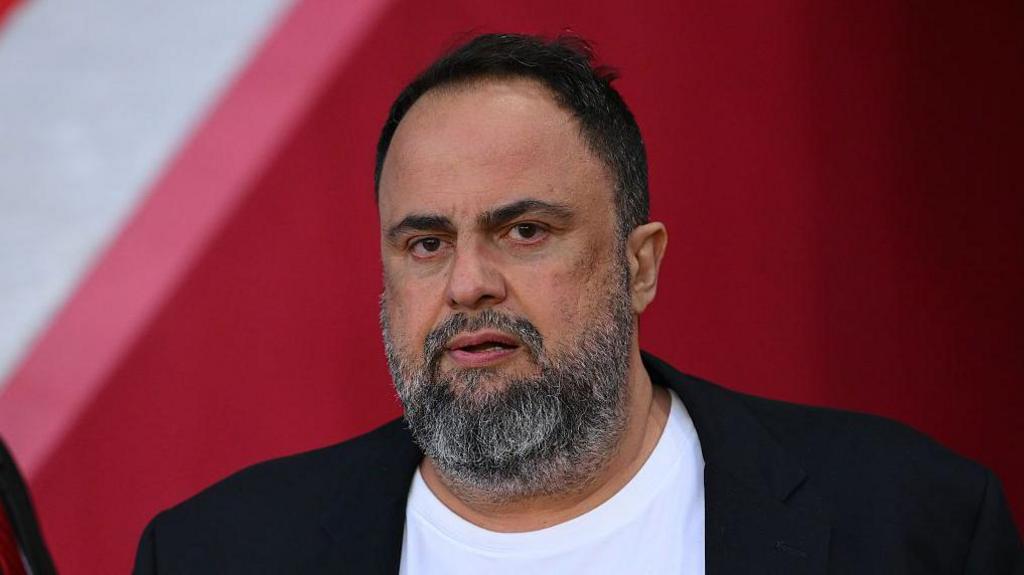In a significant development for Nottingham Forest, owner Evangelos Marinakis has undertaken strategic steps to dilute his control over the club, aiming to align with UEFA’s regulations concerning multi-club ownership. This move comes amid a budding potential for both Nottingham Forest and Marinakis’s other club, Olympiakos, to qualify for the upcoming Champions League season. The ramifications of this change in ownership structure are crucial, as they highlight the complexities surrounding modern football ownership, particularly under UEFA’s strict compliance rules that prohibit clubs under the same ownership from competing in the same European tournaments.
Marinakis, who acquired Nottingham Forest in 2017, has also maintained control over Olympiakos and the Portuguese club Rio Ave. Under UEFA regulations, clubs sharing an owner can clash in European competitions, triggering serious concerns about fairness and competitiveness. Document submissions to Companies House reveal that Marinakis has relinquished his status as a “person with significant control” over NF Football Investments Limited, which owns Nottingham Forest, thereby navigating away from potential conflicts in ownership rules as both clubs aim for European qualification.
Despite placing his shares in a blind trust to manage this situation, a source connected with Forest has clarified that Marinakis continues to be recognized as the club’s owner and remains dedicated to its success. This commitment is expected to yield stability during what could be a transformative period for the team, currently positioned sixth in the Premier League and on the verge of securing a Champions League spot—a place currently contested with Chelsea, who sit just above them in the league table.
Furthermore, Marinakis’s move is not unprecedented. Other club owners have found ways to navigate UEFA’s multi-club ownership laws. For example, Tony Bloom, the owner of Brighton, reduced his stake in Union Saint-Gilloise to avoid potential conflicts, while Sir Jim Ratcliffe put his clubs into a blind trust to comply with UEFA’s stipulations. However, concerns grew when Ratcliffe’s attempt to facilitate a player transfer within his clubs met with opposition due to the ruling, indicating that even well-planned ownership changes can encounter complications.
The UEFA regulatory framework necessitates that Forest’s ownership restructuring be finalized by April’s end, a mandate that the club has adhered to. In Marinakis’s absence, Sokratis Kominakis will rejoin the board, reinforcing the leadership team during this pivotal juncture. With the team experiencing a promising season, the focus will be on continuing to build momentum and maintain compliance with UEFA’s rules.
In addition to the changes at Nottingham Forest, the future of football within Marinakis’s multi-club setup is unfolding, particularly with the prospective appointment of former Arsenal sporting director Edu in a global role. His experience and insights could bring significant value to the operational strategies of the clubs under Marinakis’s aegis. Edu’s official announcement is anticipated soon, following his tenure with Arsenal and his work during a transitional period for Marinakis’s clubs.
As the football landscape continues to evolve, the implications of Marinakis’s decision to modify control reflects an increasing trend among club owners to ensure compliance with official regulations while also adapting to the competitive nature of football globally. UEFA’s forthcoming assessments of ownership structures will play a critical role in determining whether Nottingham Forest and Olympiakos can participate concurrently in next season’s European competitions. Therefore, football stakeholders will be closely observing the developments for both clubs and the interconnected dynamics of ownership that shape the future of the sport.



